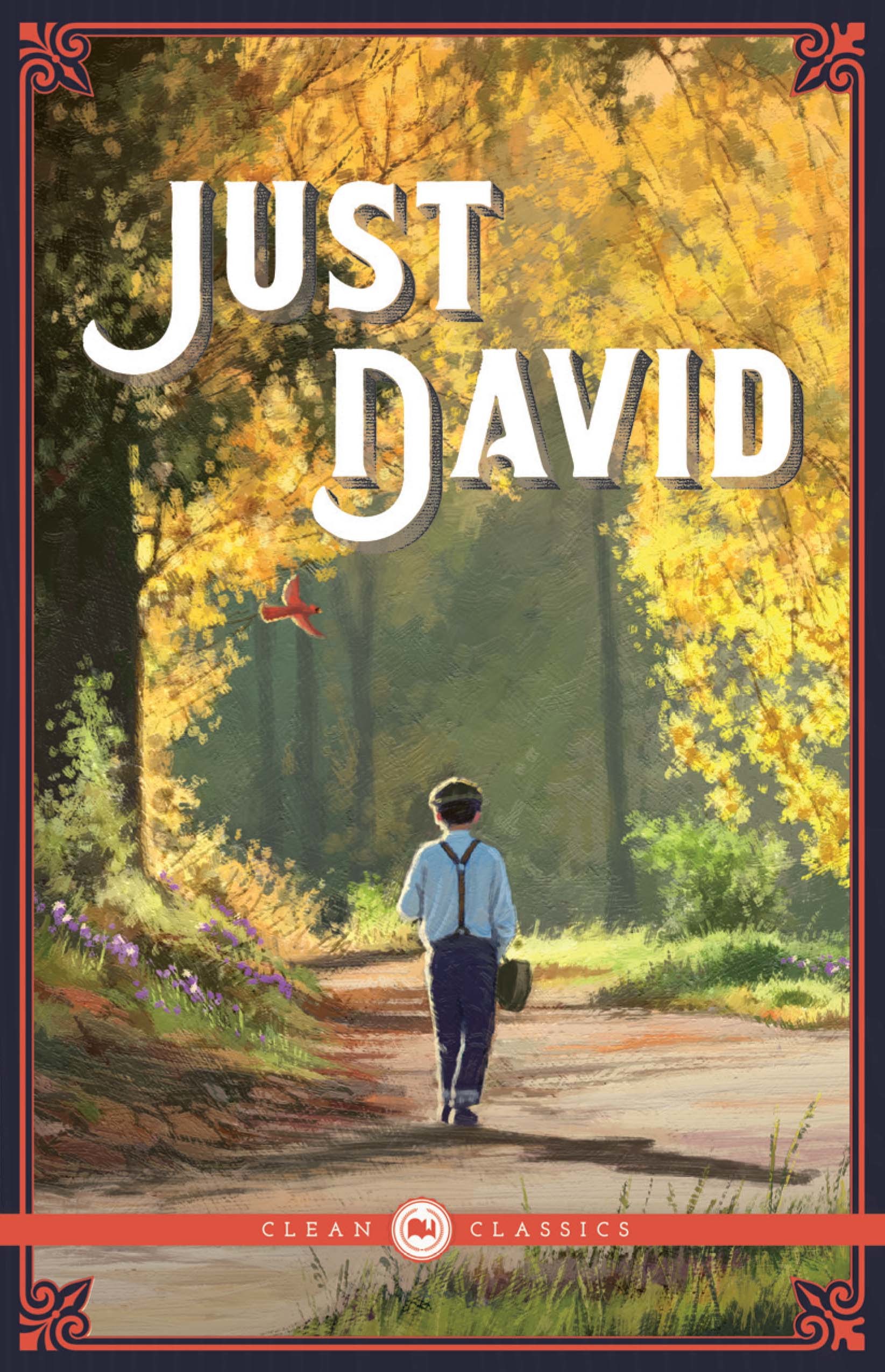“You’re Wanted–You’re Wanted!”
byYou’re Wanted—You’re Wanted! marks a profound shift in David’s sense of place within the Holly household. The weekend is marked by emotional weight, as David overhears Simeon and Mrs. Holly debating his presence and uncertain future. Though not meant for his ears, the conversation stirs feelings of rejection and confusion in David, who has never before encountered the pain of being unwanted. The once-welcoming farmhouse begins to feel cold and unfamiliar. Alone and aching, David turns to the one thing that has never failed him—his violin. In the quiet night, he pours his sorrow into music, not knowing that its sound reaches and softens the hearts that had pushed him away. Through his melody, he communicates what words never could: a longing for love, for belonging, and for a home.
Simeon Holly, a man hardened by past disappointments, finds himself quietly unsettled by the boy’s music. It stirs memories of his estranged son, John, whose pursuit of the arts was once seen as defiance. The parallels between John and David cannot be ignored. Mrs. Holly, driven by maternal instinct and perhaps unresolved grief, responds first—not with logic, but with love. Her declaration that David is wanted, not just as a guest but as someone to care for, catches Simeon off guard. Though reluctant, he yields, not fully from belief but from the faint echo of affection long buried. That single moment of emotional vulnerability begins to reshape the relationship within the home. What once felt like a contract of obligation starts to transform into something warmer, more human.
David’s joy, though quiet, is immediate. The weight of doubt and sadness begins to lift, not because his circumstances change drastically, but because the tone around him shifts. He begins to interpret actions not as rejection but as unfamiliar expressions of care. When Sunday arrives, however, new questions arise. David, unfamiliar with the strict religious customs of the village, innocently disrupts the rigid quiet by playing music. To him, music is joy, reverence, and connection—never an offense. But to Mr. Holly, it breaches the sacred observance of the day, creating a moment of conflict that reveals the stark contrast in their worldviews.
Rather than defend himself with anger, David seeks understanding. He listens to Simeon’s explanations and tries to reconcile them with his own beliefs. The tension, while unresolved, is softened by David’s willingness to learn and respect—even if he doesn’t fully agree. Later that day, at the village church, David experiences a new form of awe. The organ music, swelling through the space, captivates him entirely. He approaches the organist without hesitation, asking to learn, to understand, to participate. That moment is not just about music—it’s about reaching out. David is no longer merely receiving kindness; he is offering himself in return.
This chapter’s emotional core rests on the realization that love doesn’t always come in familiar forms. Sometimes, it’s quiet. Sometimes, it stumbles. But through shared grief, music, and small gestures, people begin to find one another. David’s role in the Holly household evolves from outsider to catalyst. His innocence challenges their rigidity. His warmth pushes against their coldness. And his presence becomes the mirror through which they examine their past pains and unspoken desires. It’s not just David who learns what it means to be wanted—it’s the Hollys who relearn what it means to want.
As the story unfolds, the transformation feels earned, not rushed. David’s resilience in the face of rejection doesn’t harden him. Instead, it reinforces his empathy. He remains true to himself while adapting to a world that often misreads his intentions. Readers witness the quiet power of kindness—not as a grand gesture, but as a persistent, daily act. This chapter doesn’t end with closure, but with a door slightly more open than before. It’s in that subtle shift, that nearly whispered promise of healing, that the chapter finds its strength. David is beginning to belong. And the Hollys, though they don’t say it outright, are beginning to heal.

